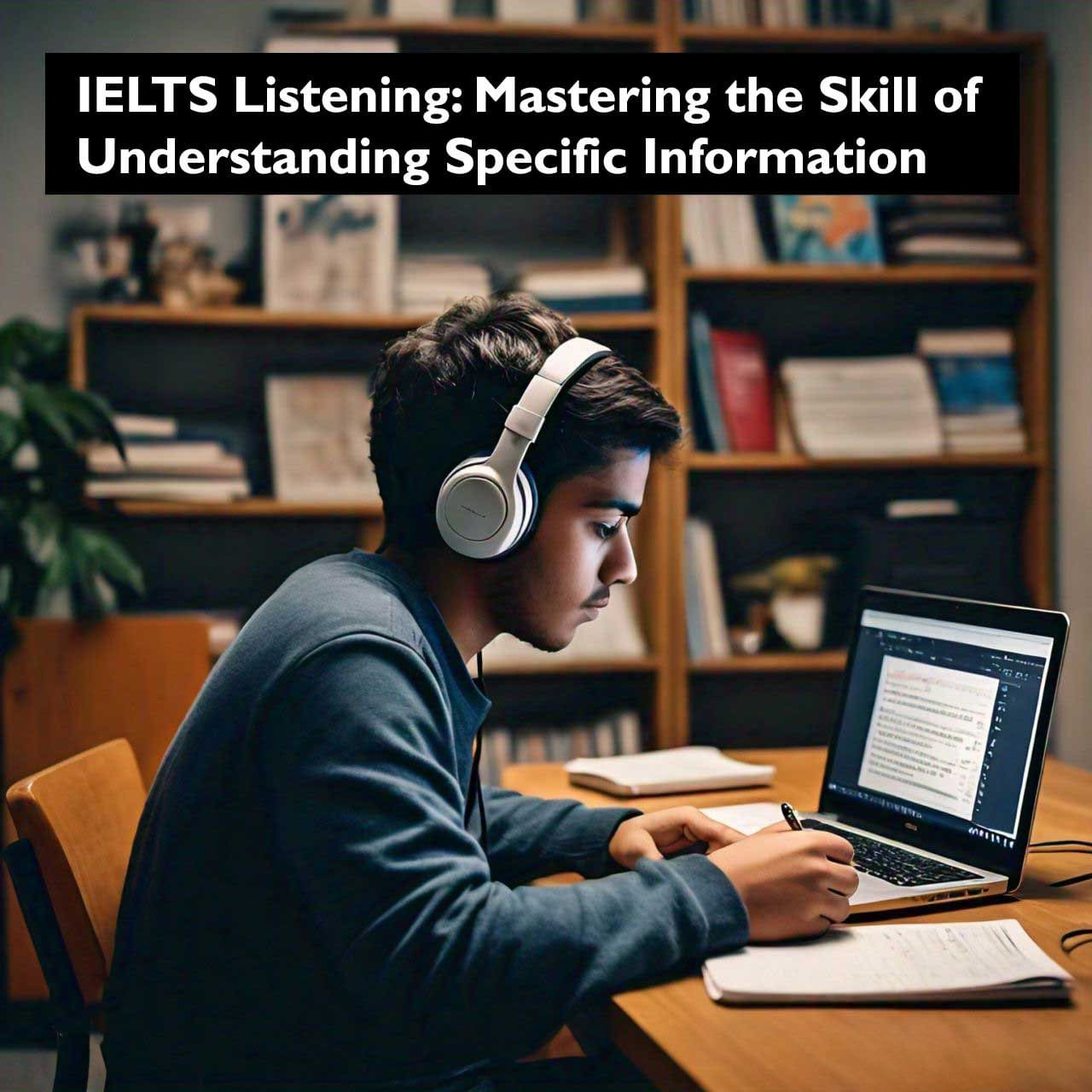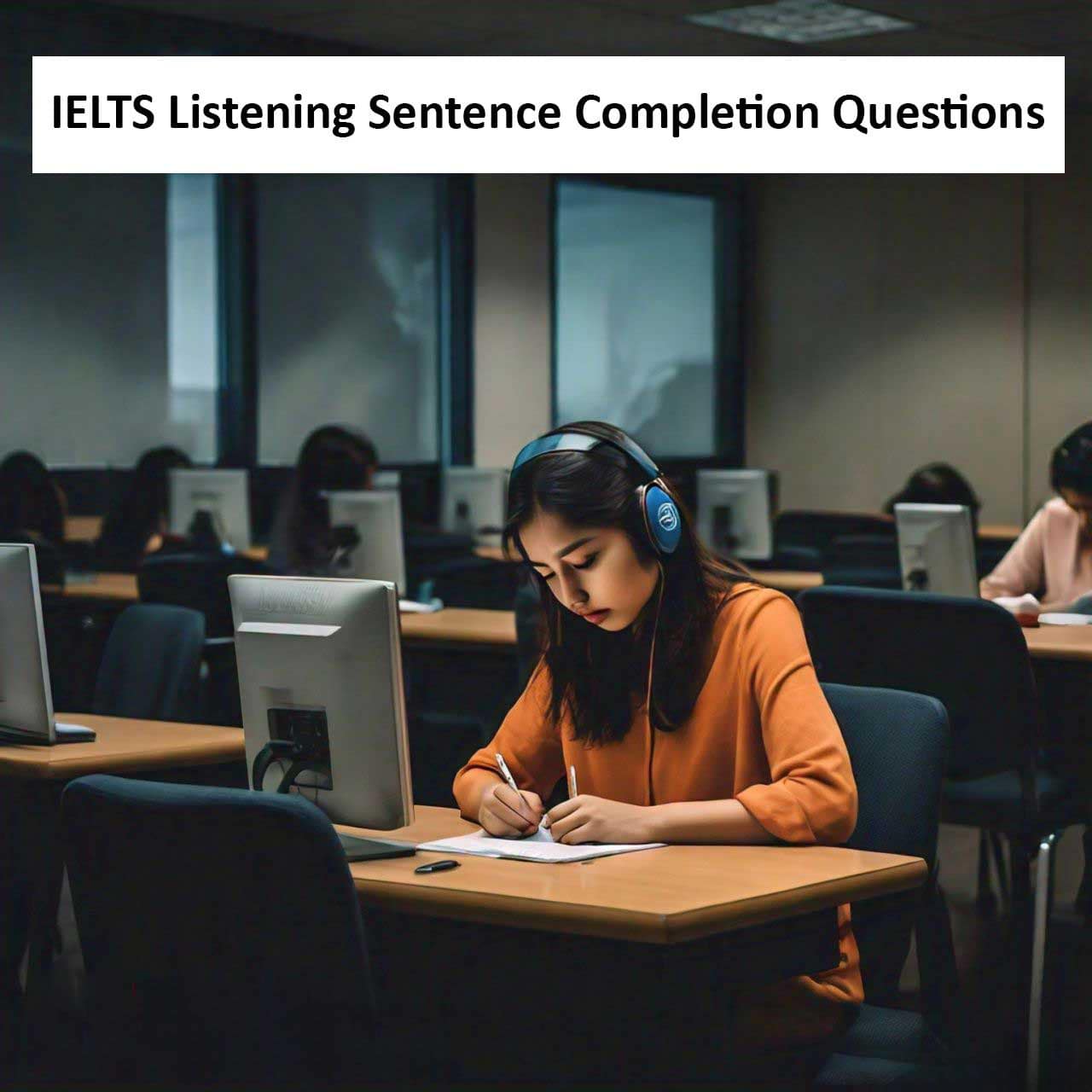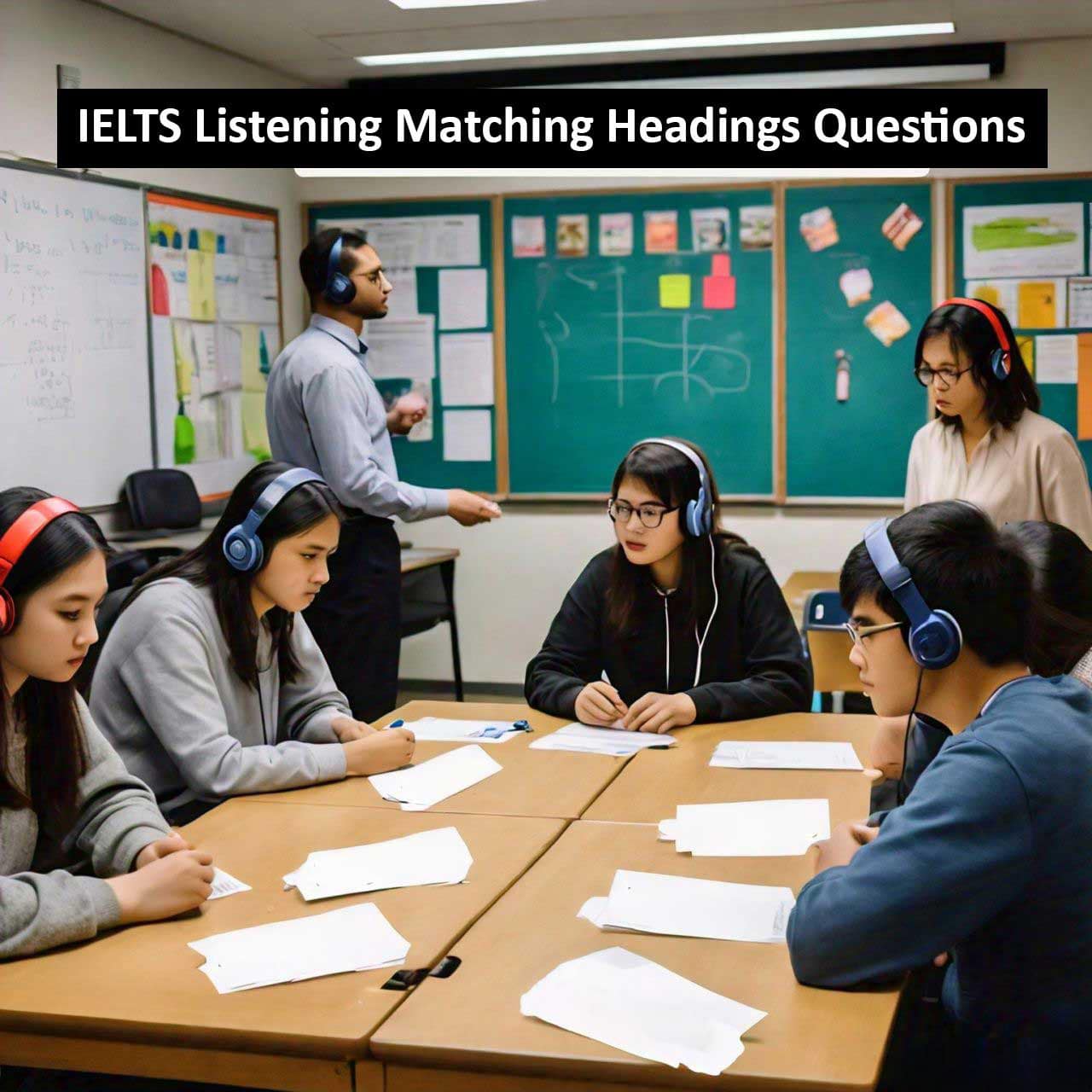The IELTS Listening test is a critical component of the IELTS exam, designed to assess your ability to understand spoken English in various contexts. One of the essential skills for excelling in this section is the ability to identify and understand specific information. This skill is crucial as many questions in the listening test focus on details such as dates, times, names, places, numbers, and specific facts. Here’s a comprehensive guide to help you master the skill of understanding specific information in the IELTS Listening test.
Table of Contents
Why Understanding Specific Information is Important
1. Direct Questions
Many questions in the IELTS Listening test directly ask for specific details. For example, you may be asked about dates, prices, times, or particular points mentioned in a conversation or lecture.
2. Multiple Choice Questions
Understanding specific information helps you choose the correct option in multiple-choice questions, which often focus on detailed aspects of the listening material.
3. Form Completion
Tasks such as form completion, note completion, and table completion require precise information to fill in the gaps accurately.
4. Matching Information
In matching tasks, you need to match specific details to the correct options, which necessitates a keen ear for exact information.
Strategies for Understanding Specific Information
1. Preview the Questions
Before the listening audio begins, you will have some time to read the questions. Use this time wisely to underline keywords and predict the type of information you need to listen for.
2. Focus on Keywords
Pay attention to keywords in the questions. These keywords often signal the specific information you need to listen for. For example, if a question asks for a date, listen for words related to time, such as “Monday,” “June,” or “summer.”
3. Listen for Synonyms and Paraphrases
The information in the audio may not always be an exact match to the words in the questions. Listen for synonyms and paraphrases that convey the same meaning.
4. Take Notes
While listening, jot down key details. Use abbreviations and symbols to quickly capture important information. This can help you remember details when answering questions.
5. Pay Attention to Numbers and Dates
Numbers, dates, and times are commonly tested details. Practice listening for these types of information and familiarize yourself with how they are commonly expressed in English.
6. Practice Active Listening
Engage in active listening by fully concentrating on the audio, anticipating the information, and mentally organizing the details as you hear them.
7. Use Context Clues
Context clues in the conversation or lecture can help you infer specific details. Understanding the overall context can guide you to the correct answer even if you miss a part of the information.
Practice Techniques
1. Practice with Authentic Materials
Use authentic listening materials such as podcasts, news reports, and academic lectures. Practice identifying specific details within these real-world contexts.
2. Simulate Test Conditions
Regularly practice under test-like conditions. Use IELTS practice tests to familiarize yourself with the format and the type of specific information typically tested.
3. Review and Analyze
After practicing, review your answers and analyze any mistakes. Identify why you missed specific information and think about how you can improve.
Example Exercise
Question: What is the price of the concert ticket?
Audio Clip: “The tickets for the concert are available now. Adult tickets are priced at $30, while children under 12 can get in for $15. Senior citizens have a special discount and only need to pay $20.”
Answer: Adult tickets are $30.
Analysis: The specific detail required is the price of the adult ticket. Keywords to listen for included “price” and “adult tickets.”
Final Tips
Stay Calm and Focused
During the test, it’s essential to stay calm and focused. Anxiety can distract you and cause you to miss key details. Practice relaxation techniques to stay calm during the exam.
Recheck Answers if Possible
If you have time at the end of each section, quickly recheck your answers to ensure they are accurate and complete.
Learn from Mistakes
Reviewing your practice tests and learning from your mistakes is crucial. Understand why you missed specific details and work on strategies to avoid similar mistakes in the future.
By implementing these strategies and consistently practicing, you can enhance your ability to understand specific information in the IELTS Listening test. This skill will not only help you achieve a higher score but also improve your overall listening comprehension in English. Good luck with your IELTS preparation!



